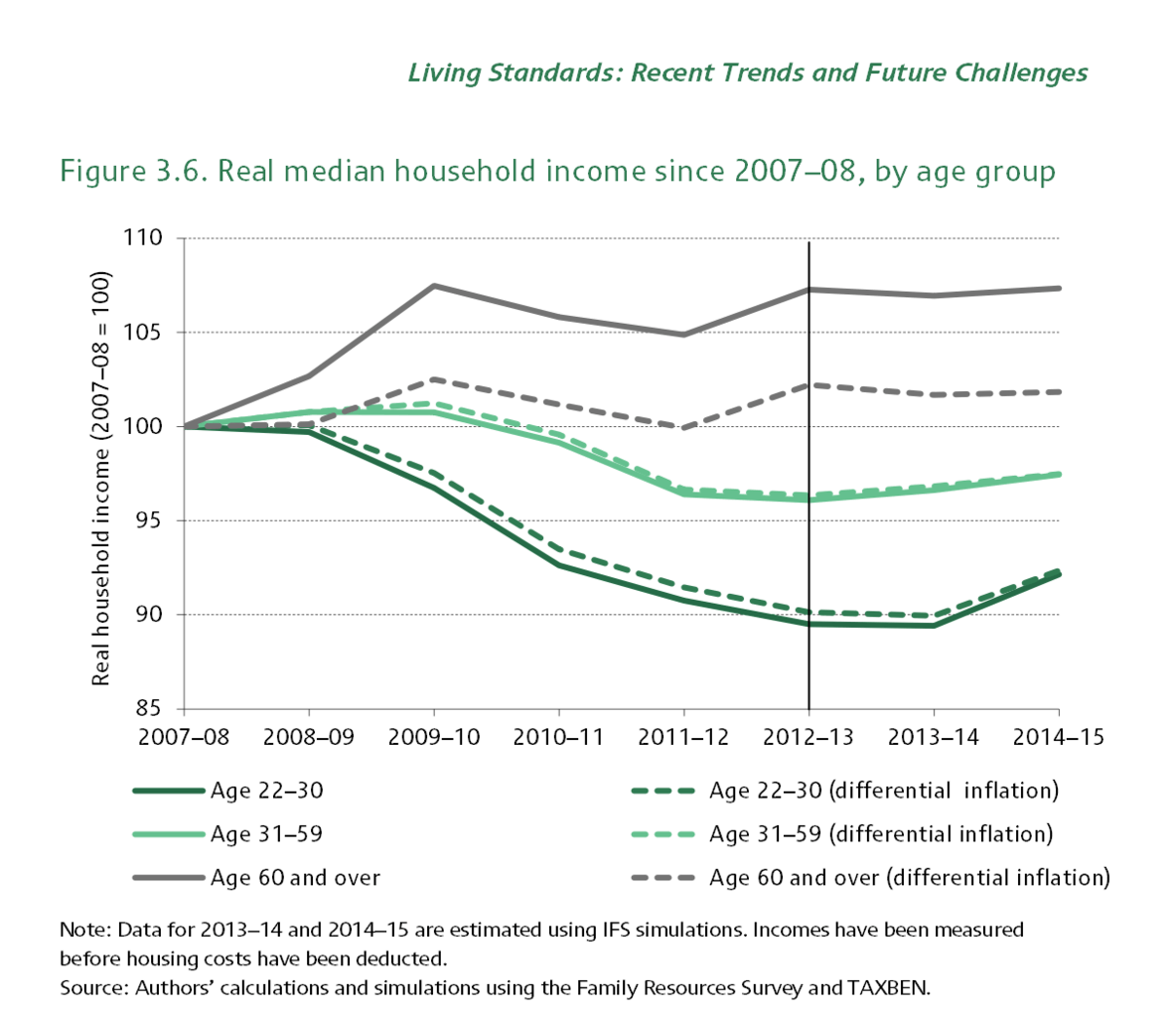Britain’s electorate does not choose a Prime Minister in May’s General Election. It chooses a local MP. And enough of them have already made up their mind in England and Wales to make that choice a foregone conclusion in most places, so that the real fight is occurring in a limited number of marginal seats. Has the Conservative Party forgotten this basic architecture of British politics?
That might explain something that is rather puzzling about the election campaign. The Conservatives are having a good “air war” in the expression made famous by Bill Clinton. That means coverage on general media on a largely national level. Labour’s strategy seems to be that government’s lose elections rather than oppositions win them. They have not spelled out a clear alternative vision for the country – preferring to keep party unity intact by concentrating on complaining about the coalition government.
Thus Labour have surrendered the initiative in the air war. The Tories have exploited this brilliantly with “bait and switch” tactics. They fly a kite about some policy or other (public expenditure is the biggest; VAT is this week’s example). Labour duly attack, only for the Conservatives to move in a different direction. And they have undermined Labour’s attempt to create sound-bite policies. For example Labour promised to cut student tuition fees by removing a tax break for pension contributions for the wealthier; the coalition duly removed the tax break and baked it into the budget baseline. Meanwhile previous Labour attacks, on Keynesian economic management, on unemployment and on energy prices have been undermined by events. The Tory leader, David Cameron, seems at ease and in control – even his supposed gaffe over not wanting to serve more than two terms plays to that impression. In contrast Labour’s Ed Miliband has turned into Britain’s whingemaster general – without giving any impression that he would do any better himself. The Conservatives are well organised; they have powerful allies in the press, which still seem to set the agenda for broadcast media, especially the BBC. Labour are being routed.
But here’s the puzzle: it seems to be having little effect on their poll ratings. Both parties have been edging up slightly, at the expense of the insurgent Ukip. The Conservatives cannot establish the lead they need to overcome the awkward distribution of their vote under the country’s electoral system. Notwithstanding Labour’s impending disaster in Scotland (where, unlike England and Wales, most seats could change hands) the Conservatives do not look as if they will even be the largest party in parliament, still less win outright. Party HQ reassures the nervous footsoldiers that things will turn good in the last weeks. Maybe.
But things are worse than that. A recent survey by the Ashcroft organisation of key Labour-Tory marginals showed that Labour was ahead in all but one. Constituency polls also show the Tory coalition partners the Liberal Democrats confounding their dismal national poll rating in Tory-facing marginal seats. The Lib Dem position grows stronger the more voters are reminded that they are voting for their local MP, and not the national leader. And this poses the question: are the Conservatives losing the “ground war”? The process of direct voter contact by doorstep, phone, social media and locally tailored literature – which is focused on those marginal seats.
The Tories seem to have a weakness here. They don’t attract many younger supporters these days (in striking contrast to Labour), and their policies don’t seem designed to engage with that group anyway. Many of their older activists have defected to Ukip, are demotivated, or are, well, just getting too old. Money can help. One marginal reports literature being delivered at full cost by the Royal Mail. Hired help can make up some of the gap on literature delivery. But it is much less effective in direct voter contact – canvassing – and useless in social media interaction. Direct mail, a past Tory favourite, seems to be losing its value for money.
Labour, meanwhile, have upped their game. They are well organised, disciplined and, in many cases, downright cunning. Here in Battersea – which they lost in 2010 and which many had assumed was out reach this time – they have been using camouflaged front campaigns on the NHS and something called Women of Wandsworth (WoW) Mums. They also seem to be outgunning their opponents on literature. The Lib Dems have always been quite good at the ground war, and are targeting their efforts ruthlessly to make up for their reduced number of activists.
So ground war may be trumping the air war. This runs counter to the conventional wisdom of British politcos, who almost always attribute the success of past Labour or Tory campaigns to the air war (though not those of the other parties). This may always have been overdone. It may be that the parties’ ground war campaigns have cancelled each other out better in the past. But it may also be that British electors make their choices differently these days. The coalition may have damaged the Lib Dems’ appeal, but it has planted the idea that smaller parties matter. Cynicism over national politics has always run ahead of the standing of local MPs – from whom people expect more, even as opinions of politicians in general sink. Besides, national news media may be being crowded out by web and social media (even if their content is overwhelmingly non-political).
It may even prove a mistake for the Conservatives to have torpedoed the leader debates, whose original structure supported their two-party narrative and could have drawn more people into the air war.
Or maybe, as Tory politicians hope, people will come to their senses in the coming weeks: something which both Labour and Lib Dem politicians also hope in their different ways. But my betting is that the game has changed and politicians need to catch up.



